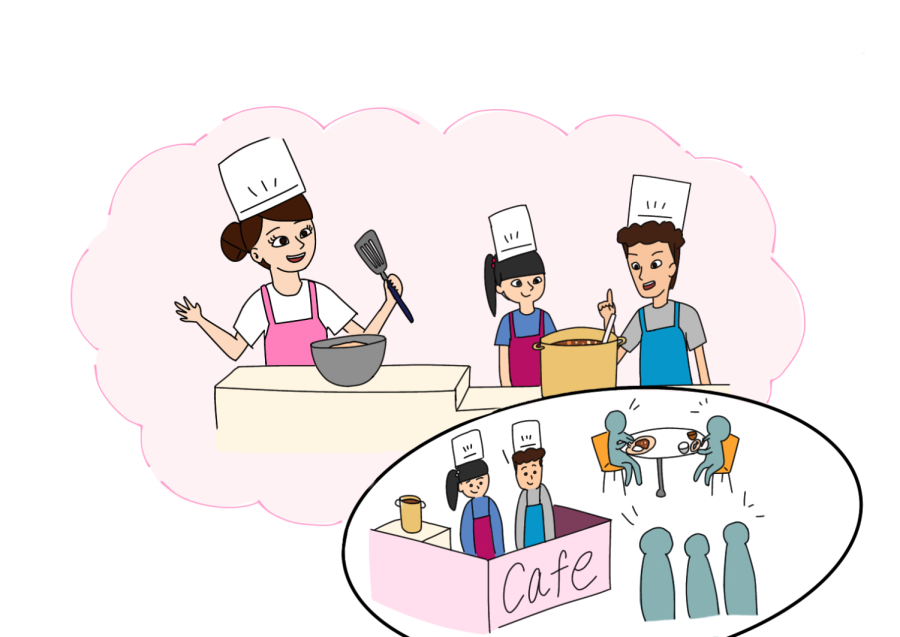America has never been more divided than before. Every topic seems to be an issue of heated debate.
Opinion articles are a great example of this. Two viewpoints with no middle ground. Each side trying to prove themselves right and the other side wrong.
This is shown in people’s political ideals and party affiliation. According to a 2014 study by the Pew Research Center, 38 percent of Democrats and 43 percent of Republicans hold a “very unfavorable” view of the opposing party. These results become even more staggering when compared to the results of the same poll just over two decades ago. In 1994, these numbers stood at only 16 percent for Democrats and 17 percent for Republicans.
You may be wondering how such a dramatic increase in polarization took root. It is not a coincidence that this large increase closely coincides with the popularization of the internet. The opportunity to voice our opinions for anyone in the world to read has led to misinformation and misrepresentation of facts which can reinforce previously held beliefs, making opposing viewpoints seem less and less valid.
Nowhere was this more evident than in the aftermath of the Michael Brown incident in Ferguson, Mo. The demonizing of the opposition party destroyed any chance at seeing the other side’s opinion as legitimate. People who created and bought into the “hands up, don’t shoot” narrative clashed with people who viewed the situation as completely lacking a racial component. Even though the facts discredited both viewpoints to an extent, the vitriol between the two sides remains. When heated discussion over an issue results in the destruction of millions of dollars worth of property and even the murder of two NYPD officers, it’s time to reconsider the way we think and debate.
Even though people appear to be gravitating towards the poles of seemingly every issue, it is not too late to reverse this process or, at the very least, stem the growth. As students, we have the opportunity to influence the minds of other academics. Just because you have a moderate position on a topic doesn’t mean you don’t have a position. Be sure to engage in conversation with fellow students and attempt to bring people together rather than push them apart. Speak up. Educate yourself and others on the nuances of issues. Try to see all sides of an issue.
It is our responsibility to lessen the vilification of people with opposing views. Because that is what they are, after all: people just like you and I.







